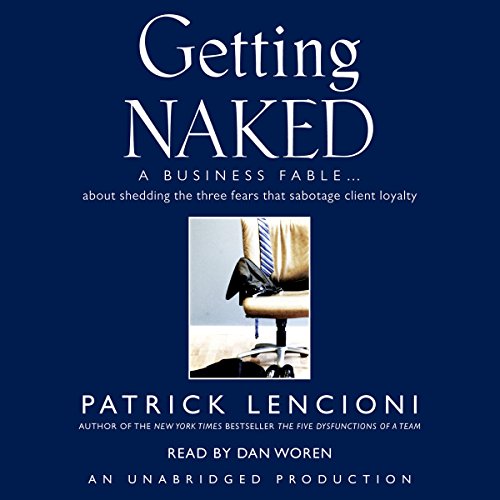
Being vulnerable is hard.
February 2018: Slalom onboarding. Every new consultant received a copy of Getting Naked: A Business Fable About Shedding the Three Fears that Sabotage Client Loyalty. At the time, I was foolishly proud of not reading books. Six years later, I finally cracked it open.
The three fears that sabotage client loyalty:
- Fear of being embarrassed
- Fear of feeling inferior
- Fear of losing the business
These hit me like a freight train. Multiple consulting roles, same fears every time.
Day one out of university: Crash course on IAM and PingFederate (thanks, Cody Cook). Day two: Fly to client site as “the expert.” All three fears consumed me - first week, first month, first year, and throughout six years of consulting.
Four years out of consulting, I realize these fears aren’t consulting-specific. They show up constantly in my current role. Large group meetings where nobody speaks up, then private messages flood in afterward. Speaking up in those moments - especially early career or with new teams - requires vulnerability.
I try to gauge knowledge levels before diving into topics, but I make assumptions. When someone asks about something I thought was basic, I get humbled. But those questions require vulnerability from the asker, and they help everyone in the room.
My consulting mindset for years: “I’m paid to be here because clients can’t do what I do.” I tied my value to knowledge and capabilities. Saying “I don’t know” felt dangerous - it required vulnerability I wasn’t ready for.
If I’d been more vulnerable earlier, I would have learned more about myself, clients, and my expertise. There is growth in vulnerability.
Looking back, I have countless stories (good and bad) that illustrate these lessons. One thing is certain: I wish I’d read this book when I first received it. I would have understood real customer problems better, helped confused colleagues more effectively, and worked fewer hundred-hour weeks.